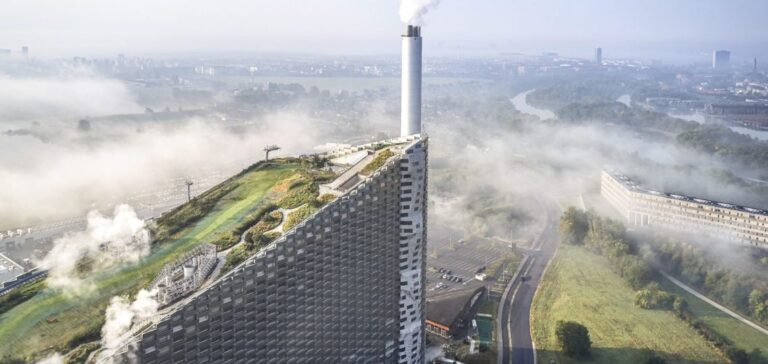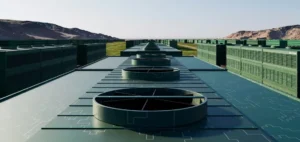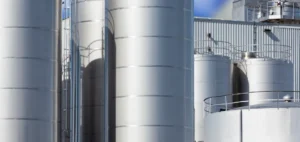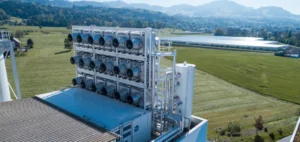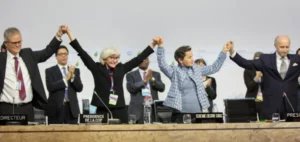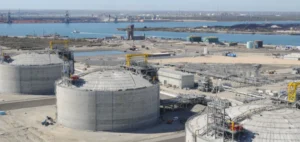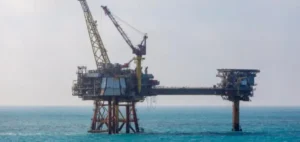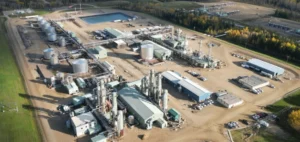The Gaia project, a joint venture between Copenhagen Infrastructure Partners (CIP) and the municipal operator Vestforbrænding, has been officially pre-qualified for the Danish Carbon Capture and Storage Fund, according to a joint announcement made on May 16. This marks a significant milestone for the large-scale CO₂ capture project planned at Vestforbrænding’s waste-to-energy facility.
The Danish Energy Agency (DEA) selected 10 companies out of 16 applicants for this pre-qualification phase. The Gaia project aims to capture up to 500,000 tonnes of carbon dioxide annually, cementing its status as one of Denmark’s most advanced carbon capture initiatives.
A project backed by CIP’s Energy Transition Fund
Copenhagen Infrastructure Partners invested in Gaia through its Energy Transition Fund, which supports next-generation technologies designed to decarbonise hard-to-abate sectors. The partnership with Vestforbrænding is aligned with a municipal emissions reduction strategy, targeting carbon neutrality by 2030 as set by the public operator.
“This milestone is the result of several years of preparation. It reflects our board’s commitment to converting our facilities into a CO₂-neutral site,” said Steen Neuchs Vedel, Director of Vestforbrænding. The project already holds an environmental approval granted in January by the Danish Environmental Protection Agency.
Next deadline in August for indicative offer
The next step for Gaia is to submit an indicative offer to the Danish Energy Agency by August. Dennis Sanou, Project Director for Gaia, stated that the team’s efforts are now fully focused on preparing this submission. “This milestone validates the work done and mobilises all resources for the next phase,” he said.
The Gaia project demonstrates the potential of public-private partnerships to deliver industrial-scale carbon capture infrastructure. Its selection among the ten finalists strengthens its position in the race for public funding, which remains a crucial lever for advancing the technical and economic objectives of the stakeholders involved.


